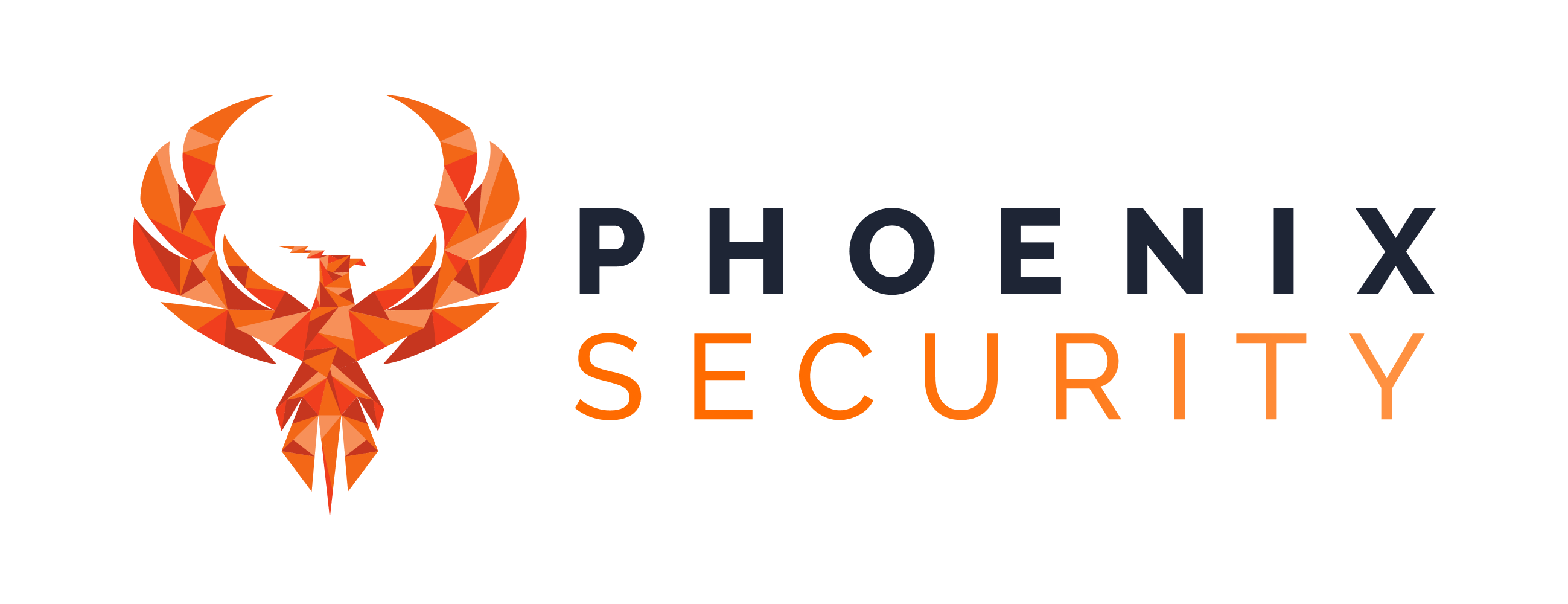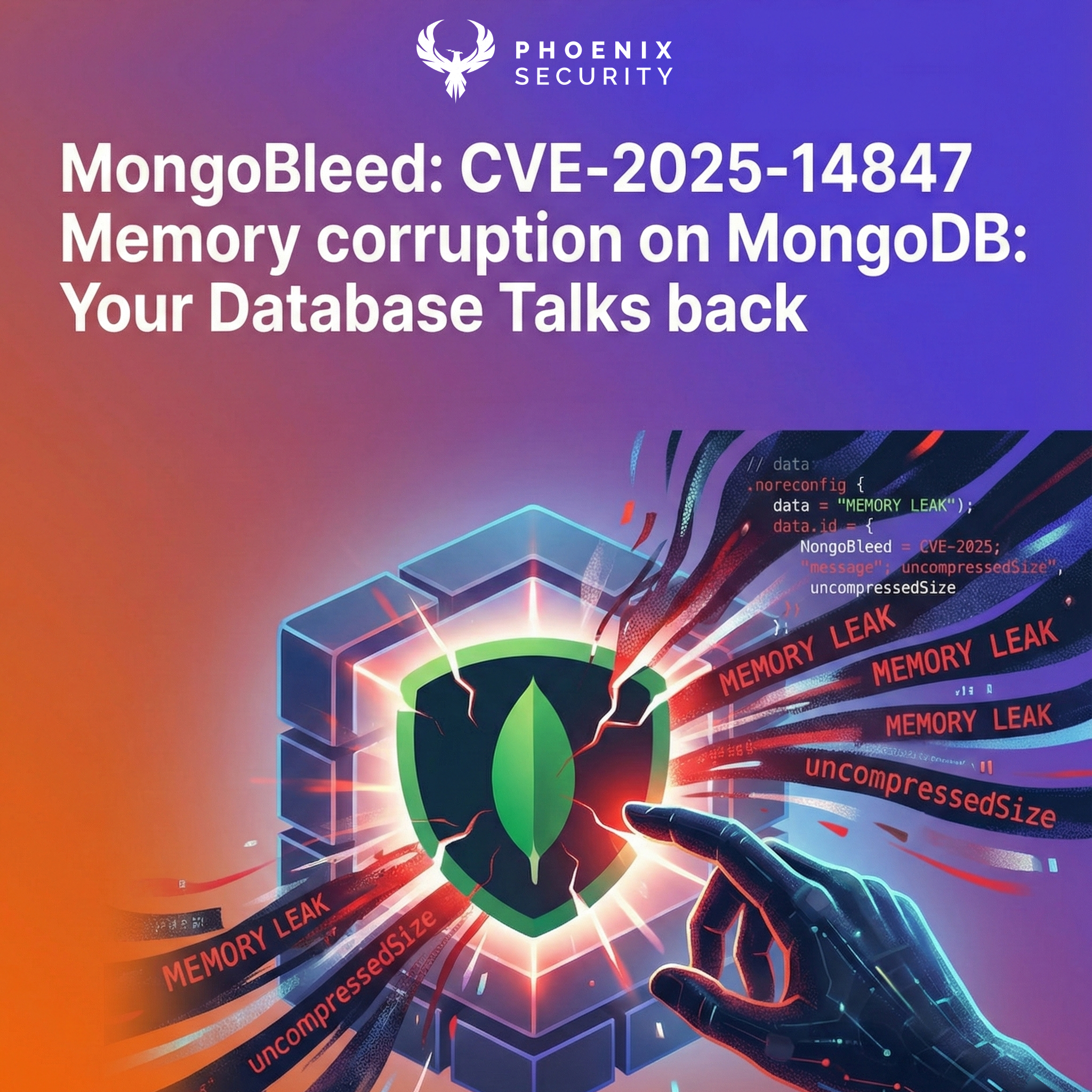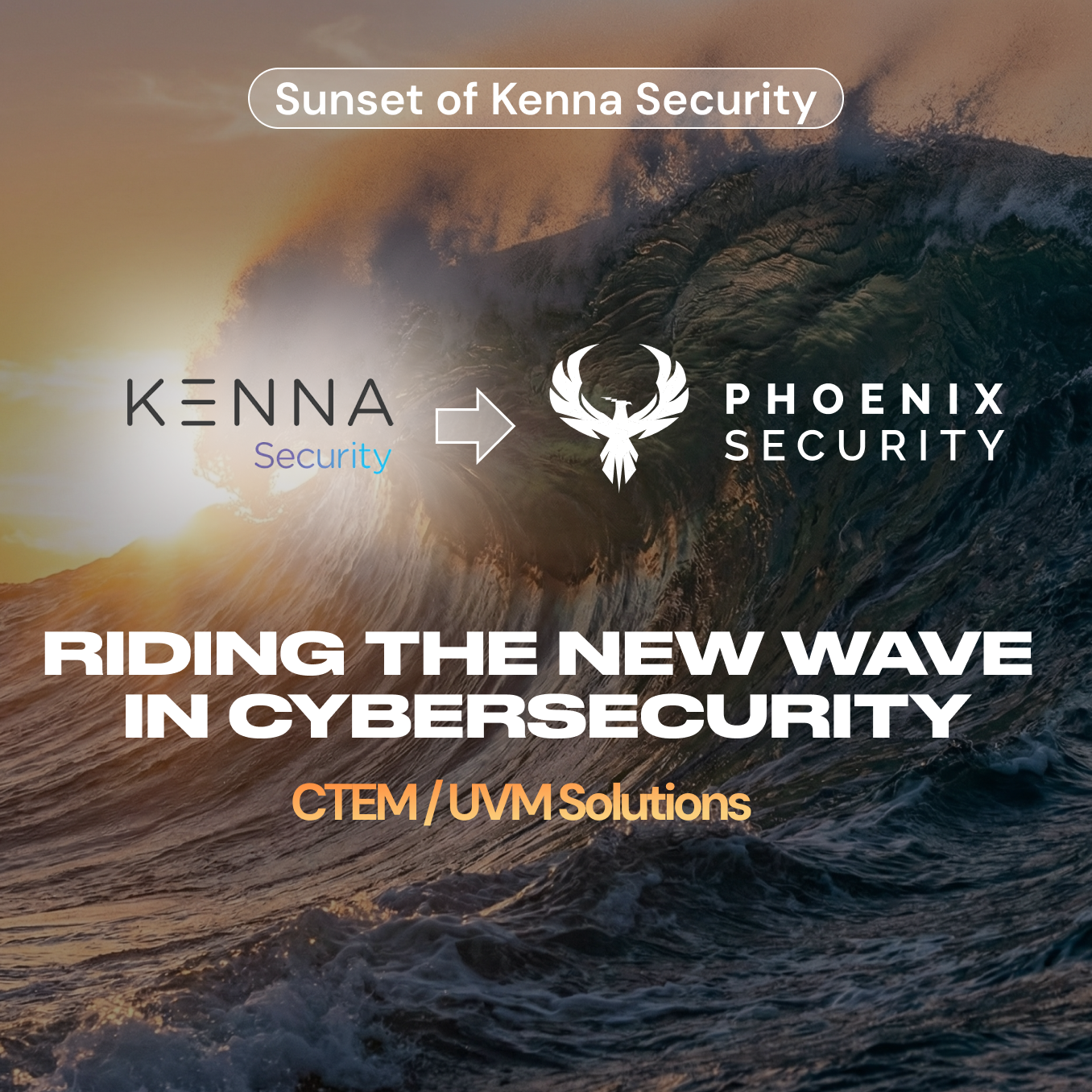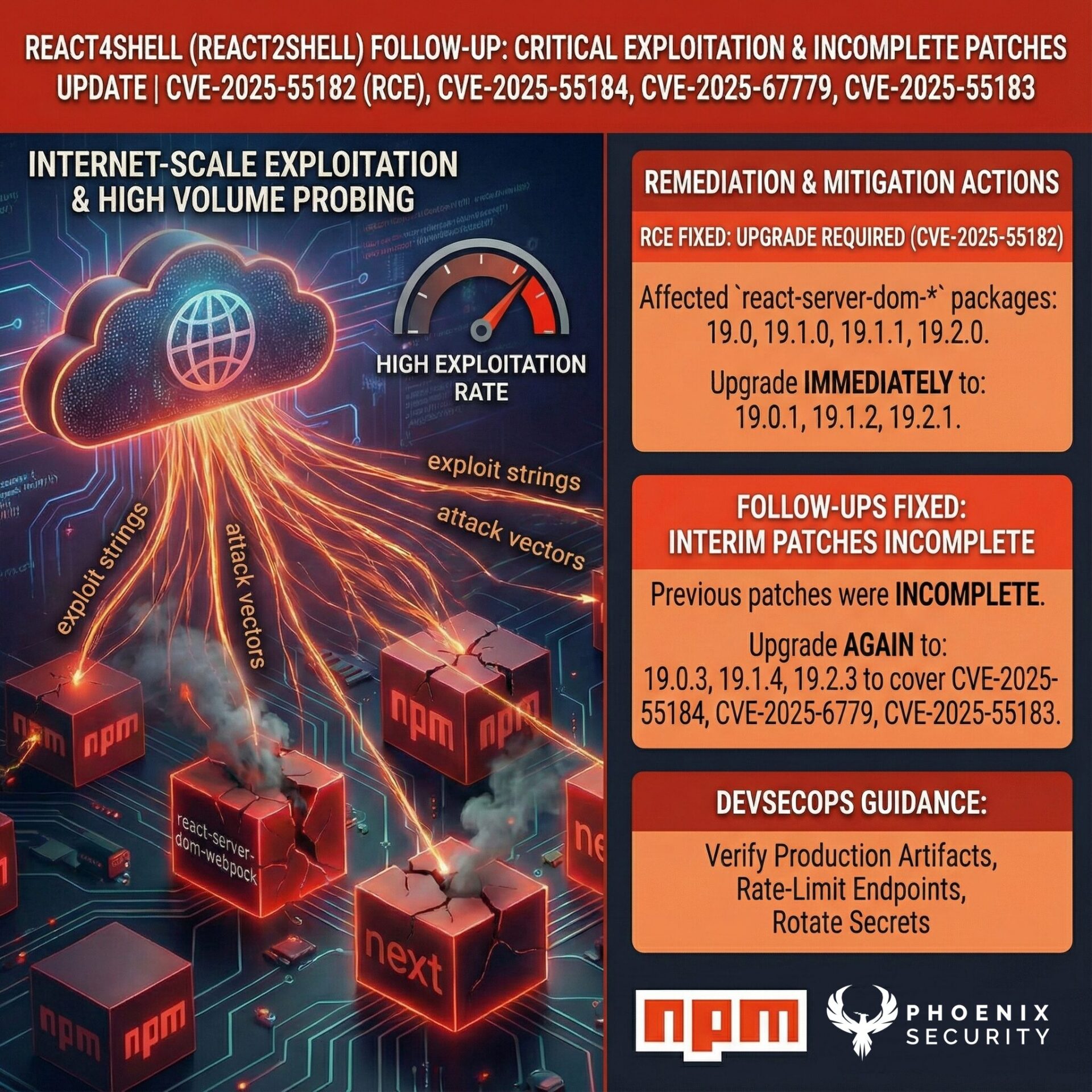The cybersecurity start-up is one of a few UK companies selected for its unique cyber offerings and business promise and is the only company in risk and vulnerability management
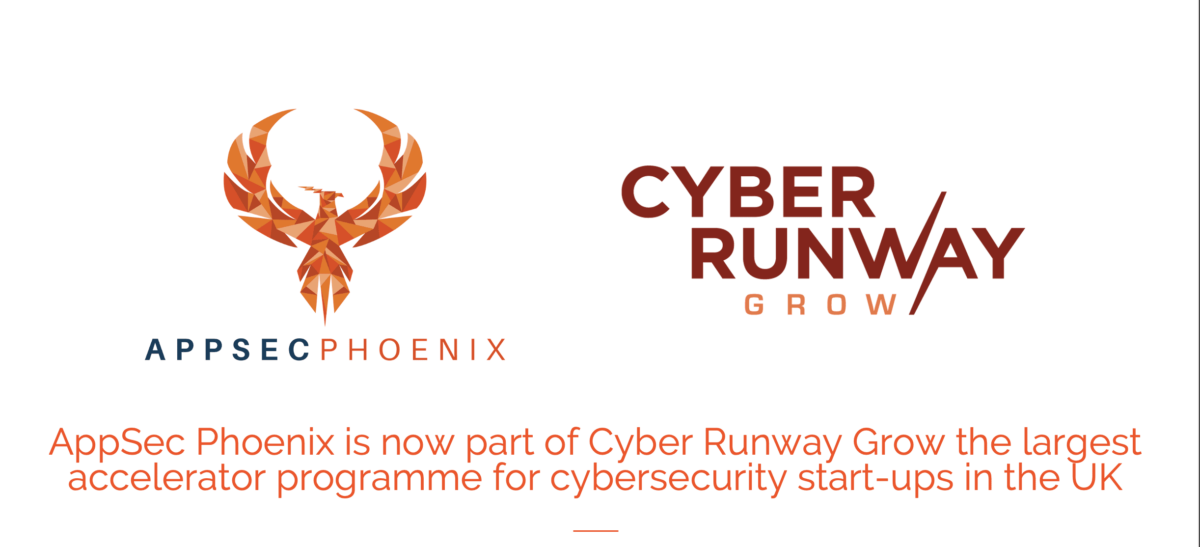
LONDON, England (17 November 2021)—AppSec Phoenix, an innovative risk-based vulnerability management software, has announced its selection into the Cyber Runway Grow innovation programme offered by Plexal. AppSec Phoenix has been selected as one of the fewer than ten cyber innovators to participate in this prestigious opportunity.
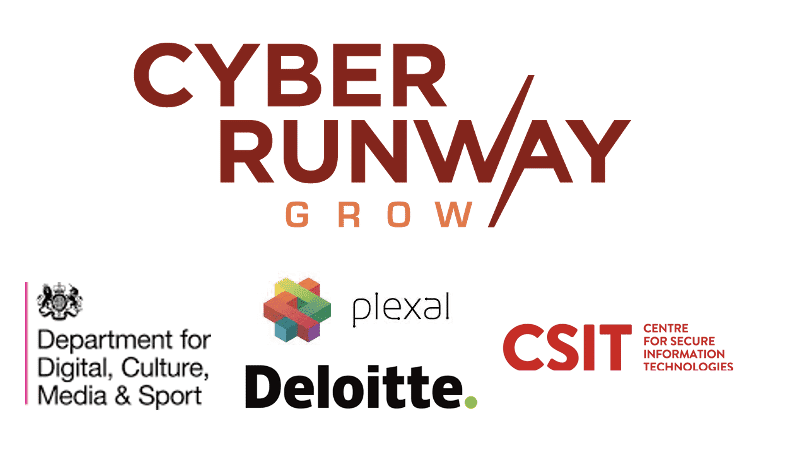
Plexal is the innovation company that supports cyber startups through programmes like NCSC For Startups and LORCA: an accelerator that helped 72 startups raise over £200m and earn over £37m in revenue.
Plexal runs the Cyber Runway innovation programme for which AppSec Phoenix was selected. The programme is funded by the Department for Digital, Culture, Media and Sport (DCMS) and supported by Deloitte, CyLon and the Centre for Secure Information Technologies.
Recipients are chosen through a highly competitive application process. Cyber companies must be able to demonstrate how their solutions are different from competitors, the sustainability of their business model, the capacity for their teams to grow, their ability to be coached to success, and a commitment to diversity.
Fewer than ten up-and-coming cyber firms were selected to participate in the Cyber Runway Grow programme. As a participant, AppSec Phoenix will benefit from collaborations and guidance from the cyber industry and governmental experts who will help the company tackle barriers to growth, increase investment, and access vital support to scale its businesses to the next level.
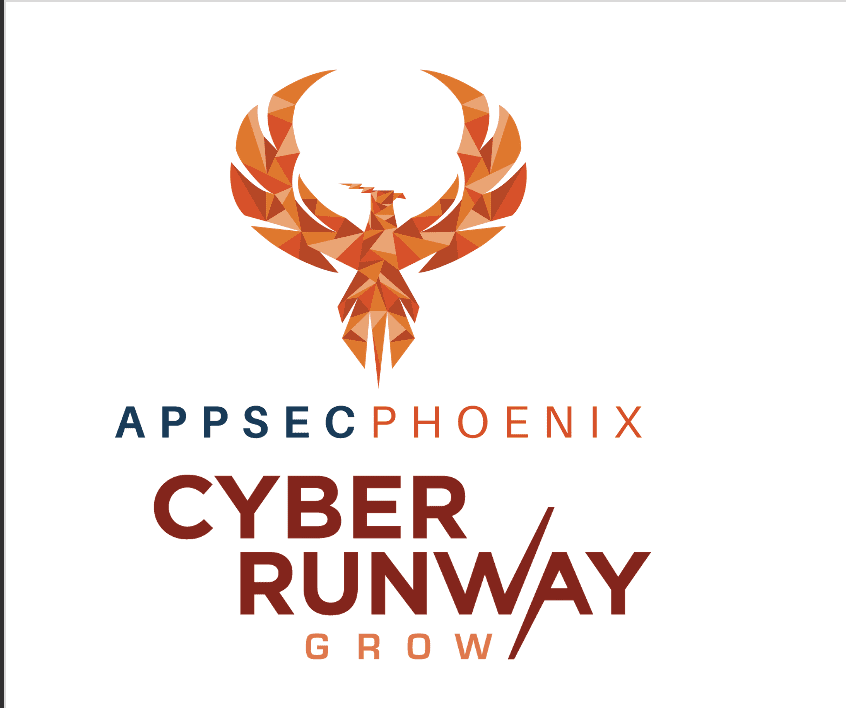
According to the DCMS, groups that participate in growth accelerators like Cyber Runway triple their revenues on average.
AppSec Phoenix partners with several notable organizations and companies to protect them against security threats. In alignment with the National Cyber Security Centre’s (NCSC)
efforts, the cybersecurity start-up is helping to make the UK a safer place to live and work online.
“AppSec Phoenix is doing exciting work when it comes to helping companies detect and remove application vulnerabilities in the software supply chain,” said Saj Huq, director of innovation at Plexal. “With every organisation big and small embracing digital transformation, software security and cloud security are priorities. We’re looking forward to working with the team and helping them scale the business”
“We are honoured to be selected as part of this exclusive cohort featuring tech’s most exciting start-ups,” sad Francesco Cipollone, CEO and founder of AppSec Phoenix. “We are proud to represent British innovation and protect businesses worldwide. We are aiding NCSC by protecting businesses and enabling them to act fast on their vulnerabilities. Our motto is “fix today the vulnerabilities that will be exploited tomorrow,” and we live and breathe by that.”
To learn more about AppSec Phoenix, visit https://www.phoenix.security/.
About AppSec Phoenix
AppSec Phoenix was established to provide an effective all-in-one security solution for application developers and businesses. With our easy-use platform, we’ve simplified a notoriously complex problem faced by many companies, small and large, working in the finance field and beyond. Learn more by visiting https://www.phoenix.security/.
